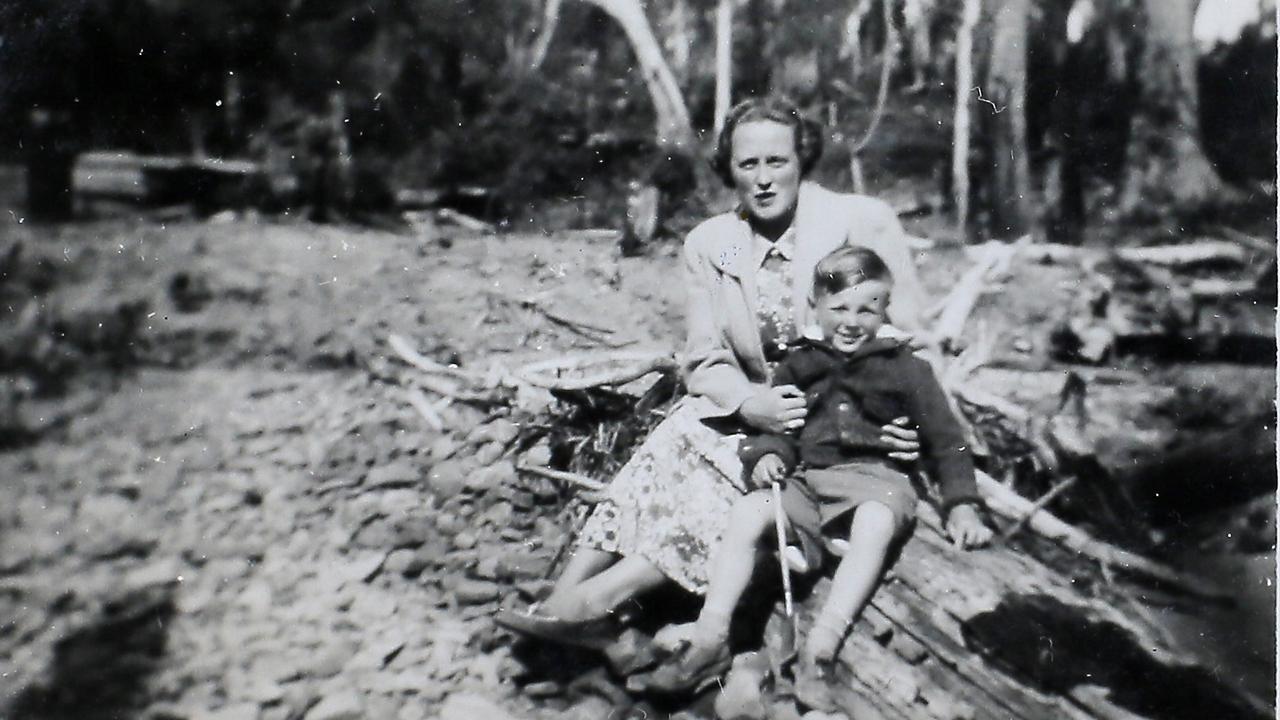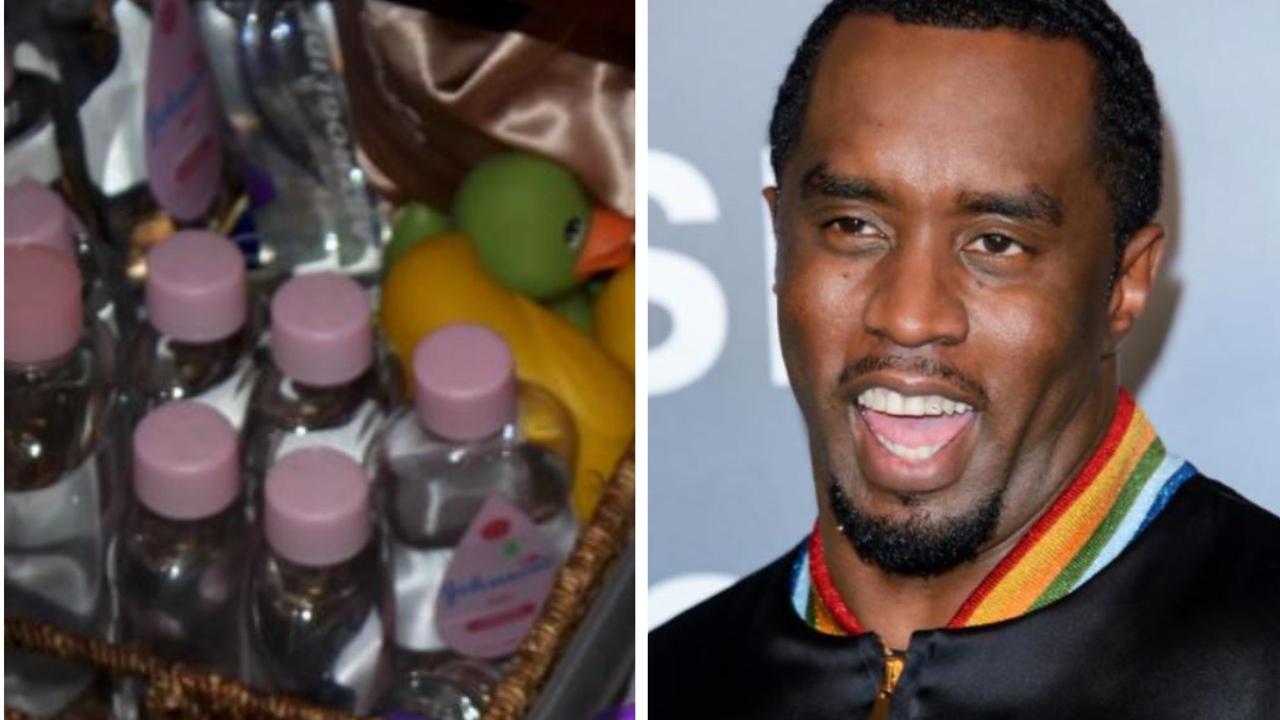Charles Wooley: Please sir, can we have some more support for our struggling writers?
We think nothing of tipping buckets of taxpayers money into football and basketball with rarely a dissenting word but I would suggest to the Premier that supporting novelists and poets would be a far better use of the public purse, according to Charles Wooley
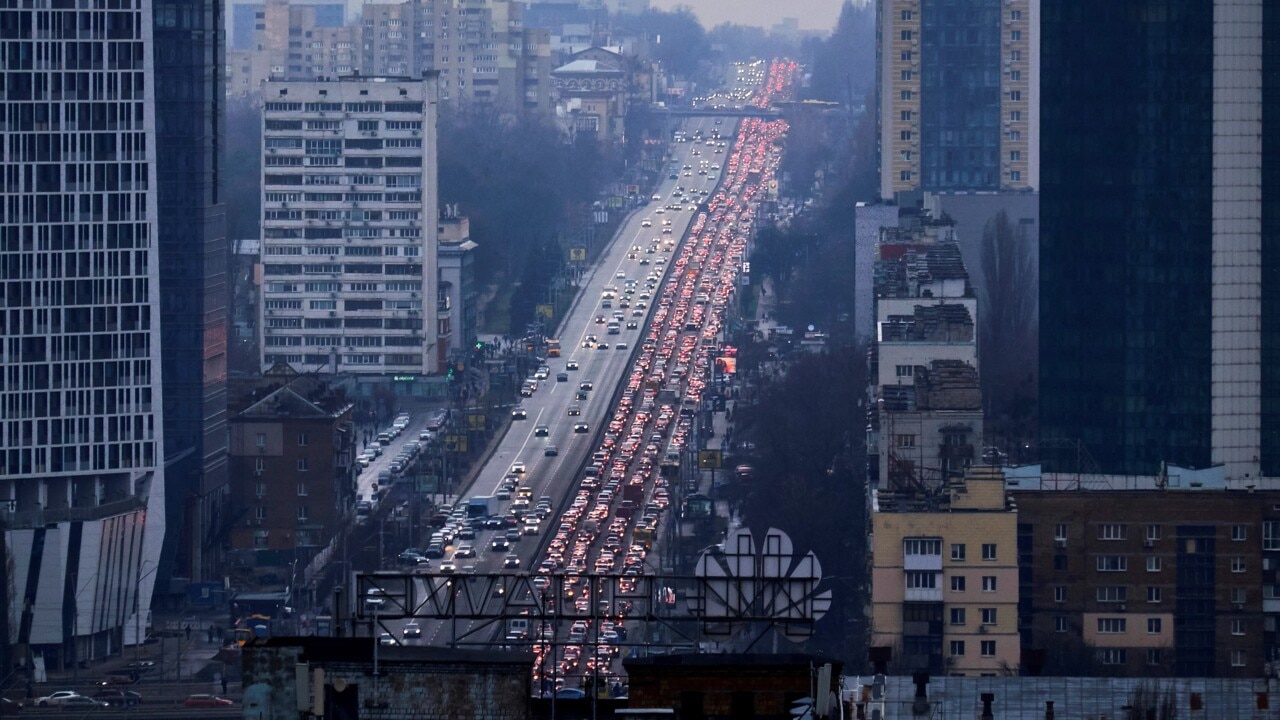
Opinion
Don't miss out on the headlines from Opinion. Followed categories will be added to My News.
A hundred and fifty years after his death Charles Dickens, who was a source of misery for me along with generations of students forced to read him, has become one of the most popular screenwriters of our times.
Like Ramsay Street (but never cancelled) his crowded storytelling had so many twists of plot and sub-plot and cliff-hanging chapter endings that kids got completely lost. We were forced to resort to study guides and even to popular comic versions, just to keep track.
What does the Dickens complexity really remind us of?
Clearly, a television mini-series, compulsively watchable yet so lengthy you think it might never end. Over the years Dickens novels have produced at least 400 film versions, big screen and small. Nicholas Nickleby, Oliver Twist and David Copperfield are just some of the titles that have established him as one of the best writers of what became modern multi-episode, streamed television movies and mini-series. It is as if his work was always made for the age of ‘bingeing’.
And there’s a word you won’t find in Dickens.
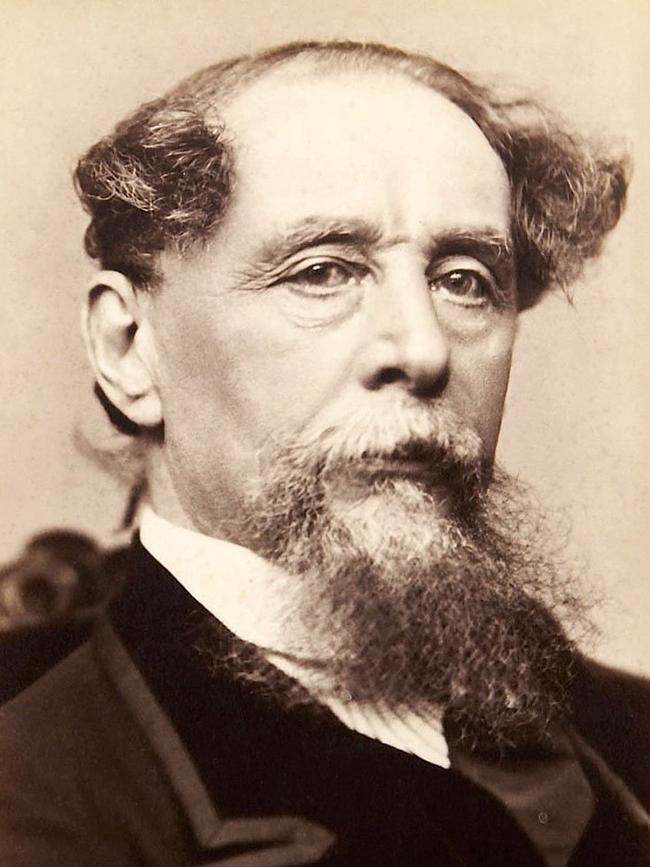
I feel I should apologise to my old English teacher, the late Keith Spaulding for my literary apostasy. Keith gave me a lifelong love of the written word and introduced me early to the poetry of Dylan Thomas and the novels of John Steinbeck.
For those I was immediately and forever grateful.
But not so readily for Dickens.
Take just one example of what annoyed the hell out of the tiny Philistine who was your columnist back in the mid-60s at Brooks High in Launceston. In defence of my 13-year-old self, this is page one of Dickens Tale of Two Cities:
“It was the best of times, it was the worst of times, it was the age of wisdom, it was the age of foolishness, it was the epoch of belief, it was the epoch of incredulity, it was the season of Light, it was the season of Darkness, it was the spring of hope, it was the winter of despair.”
Was Dickens time travelling to 2022, or just having a bob each way with history, writing those famous first lines of what to me, even as a kid who loved to read, was a long book?
Too bloody long.
I thought Dickens over-wrote though I didn’t have a word for that, nor did I dare disappoint Mr Spaulding by asking.
I remember counting out those opening lines of A Tale of Two Cities, Dickens romantic novel of the French Revolution. He used 60 words to say what hundreds of years earlier Shakespeare had given to Hamlet in 12 words: “There is nothing either good nor bad but thinking makes it so.”
I might have been amazed and a little bedazzled by how Charlie Dickens got away with it. He did it again with a Christmas Carol.
“Marley was dead, to begin with. There is no doubt whatever about that. The register of his burial was signed by the clergyman, the clerk, the undertaker and the chief mourner ...”
and so it went on for more than 60 words, only to conclude where it started.
“Old Marley was as dead as a door-nail.”
I knew the supernatural plot and understood why Marley had to be dead. What wasn’t explained to me at the time (or I just wasn’t listening) was that Dickens was a jobbing writer of serialised novels for newspaper and magazine publication. Effectively he was often being paid by the word.
The incipient journalist in me might have been more sympathetic.
Why use only 12 words when 60 pays so much more?
I still remember a time when columnists and feature writers would get $3 a word. Now it’s more like three words for a $1 and with a sharp cut-off in a flat-rate world where colourful overwriting earns nothing but accusations of being a frustrated novelist.
Which in my case certainly doesn’t apply.
I don’t have a word of fiction in me.
Apart from this column.
Now that I have explained the pathetic economics of modern-day scribbling, don’t even think of accusing me of quoting one of the most prolix writers in English just to raise my word-count.
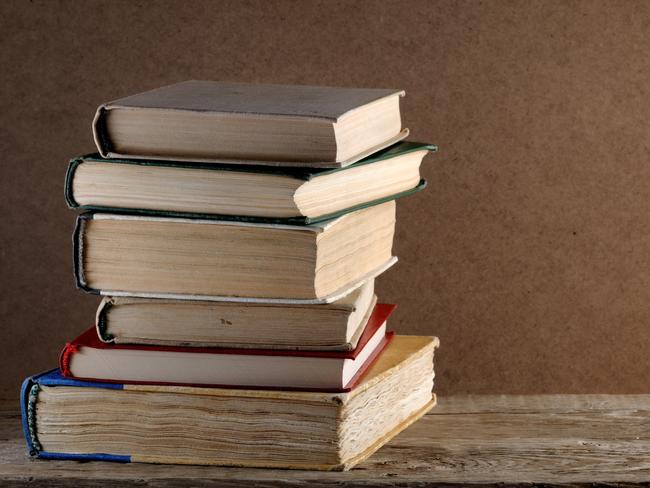
The truth is few journalists write for the money. The ones who do, soon decamp to the Dark Side for better paid careers in public relations and political spin doctoring.
Indeed, most columnists I know and like, write partly to argue a point but as much for the pleasure of seeing the printed word under their name.
Vanity surely is a lesser sin than greed.
I suspect many would write for nothing. (But don’t tell the Editor)
As John 1:1 puts it, “In the beginning was the Word ….
And the Word was God.”
I always enjoy the company of writers. They drink too much, shamelessly steal lines and stories and argue about everything. But they all share the same religion. They worship the Word.
Australians are enthusiastic writers and readers. Last year more than 30,000 new titles were published which is punching above its weight for our small population.
Yet a recent audit of Australian writers revealed that our authors earn an average of $12,900 a year. Not even enough to pay tax. Some Miles Franklin-nominated writers were revealed to earn less than $5000 for their efforts.
Perhaps our government should look at how Ireland patriotically underwrites its writers.
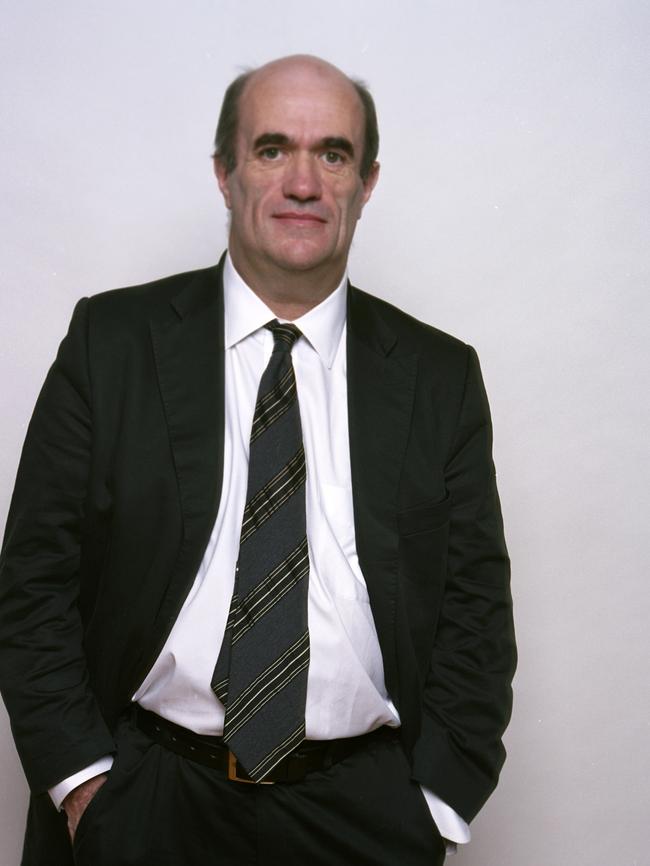
They are the heart and soul of the place and worth their weight in gilt-edged print. Through the pandemic Irish artists and writers have been generously supported by their government.
The average Irish writer earns just over A$65,000. It is money well invested. As St Patrick’s Day approaches consider the works of Edna O’Brien (Girl with Green Eyes), Colm Toibin (The Heather Blazing) and Anna Burns (Milkman) and if you are a glutton for literary punishment, James Joyce’s Ulysses.
The point is everything we know about Ireland, first comes from reading about the place: until we get there and learn that the fiction is mostly true.
Has the value to our economy of the Tasmanian-located works of say Richard Flanagan and Christopher Koch ever been calculated?
Has a visitor survey ever directly asked, “Did you go to Strahan because you read Death of a River Guide?”
Or: “Did you come to Tasmania because you read Out of Ireland?”
Yet I know so many visitors who did just that.
We think nothing of tipping buckets of taxpayers money into football and basketball with rarely a dissenting word.
Premier Peter Gutwein is a political pragmatist who best reads the baser instincts of the average voter.
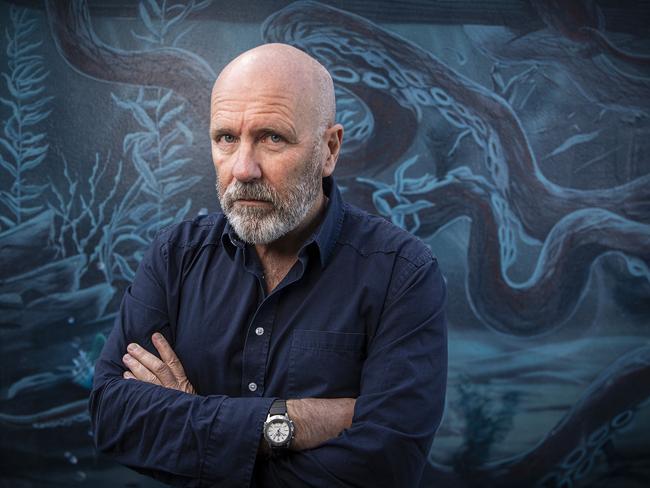
Depressed progressives always say we get the government we deserve. They are wrong of course. We get precisely the government we vote for.
I would suggest to the Premier that supporting novelists and poets would be a bit like subsidising pokies. The money goes round and round just like the wheels in those old slot-machines.
In our celebrated drinking holes like the New Sydney, the Whaler and the Crescent, writers are great and sought-after company. They enliven the joint, they enjoy life, they love their local and people love them.
Give our writers an entertainment allowance and we could make Hobart a literary zoo, just like Dublin.
But best of all, when writers and their fans spend up big most of the money the state invests would, through taxes and levies, soon end up back in the government’s pocket.
Subsidised writers would not be at all like your usual grasping rent seekers. I’ve met writers who have got rich but not many who set out to be so.
Mark Twain said, “The lack of money is the root of all evil”. He made a fortune writing and then ironically lost most of it investing in a revolutionary printing press.
Charles Dickens, were he around today, would be as rich as J.K. Rowling but sadly for his heirs, he is out of copywrite
Dickens did well enough. In the mid-1800s he earned the equivalent of A$350,000 a year (which went a long way in Victorian England) but such were his appetites and lavish indulgences he was forever in debt.
By no means alone in that, Dickens was a writer apparently as profligate with a quid as he was with a word.
But in words he gave to his famous character Wilkins Micawber, in an uncharacteristically succinct moment of writing, Dickens could also have been explaining the simple economics of authorship.
“Annual income twenty pounds, annual expenditure nineteen nineteen and six, result happiness.
Annual income twenty pounds, annual expenditure twenty pounds ought and six, result misery.”
Russian invasion echoes horrors of 1939 - March 3
THE best reason for studying history is that a knowledge of the past might confer some chance of seeing into the future.
Headlines in Australian newspapers this week, “ECHOES OF WW11”, were prescient. Not since the Europe of 1939 has there been a time like this.
And the old world has always been where global wars begin.
Ukraine is only a day’s drive from the Latin Bridge in Sarajevo where in 1914 the assassination of a minor Austrian princeling catapulted the world into a war that took the lives of 20 million, wounding or maiming a further 20 million.
Poland is even closer. The drive from Kyiv to Warsaw is about 14 hours but much longer today as the roads are clogged with fleeing refugees. Hitler’s invasion of Poland, on the first of September 1939, precipitated another war in which about 85 million people (an estimated 3 per cent of the then world population) were killed.
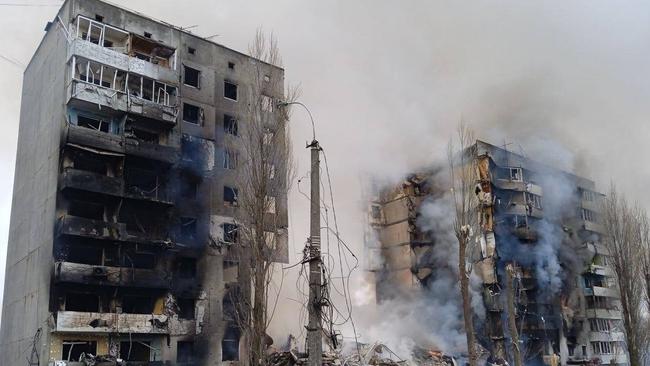
With Russia’s Putin as with Germany’s Hitler the world is scrambling to understand what the objectives are. After his invasion of the Sudetenland Hitler had promised “no further territorial demands” and the European powers were keen to believe him. Britain’s Neville Chamberlain signed the Munich Agreement, an appeasement that Winston Churchill from the Tory backbenches described as “an unmitigated disaster”.
We all know what came next. The rapid collapse and Nazi occupation of most of Europe. It is a lesson well enough learned by all the western powers, but unfortunately it doesn’t come with clear instructions as to what should be done now.
Ukraine, as did Poland in ’39, fights alone. America and the NATO allies are reluctant to put boots on the ground. That conceivably could provoke a nuclear engagement, which might destroy the whole of Europe.
This week we have watched the horrors of indiscriminate cluster bombing. Schools, hospitals and non-military targets have been attacked, presumably to destroy the courageous resolve of the Ukrainian people.
It is too often the nature of modern warfare to take the battle to the civilian population. The British established the first civilian concentration camps in the South African Boer War. In the World War II, the Germans introduced the terror tactic of blitzkrieg and then the Americans in Vietnam went further by dropping more explosives on that small country than was used by both sides in World War II.
There is really nothing new to see here except that so many of the old practitioners have now had a post-modern reboot and are on the side of humanity and decency. Better late than never, but to what end?
Somewhere between handwringing and a degree of appeasement has come the allied policy of a “lethal aid” program in which NATO nations and Australia will provide defence equipment to Kyiv.
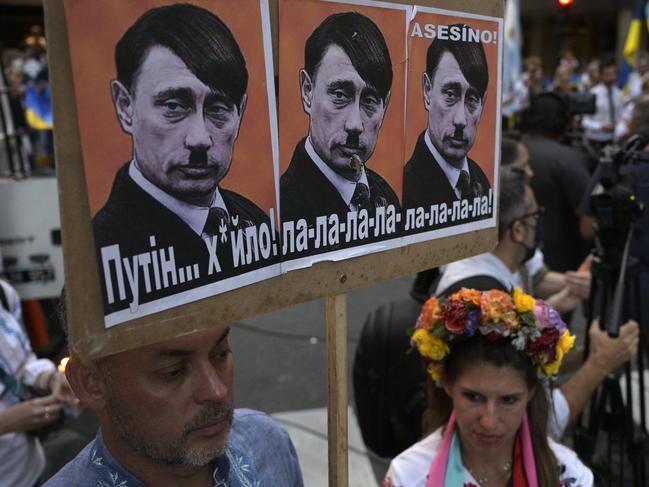
But, hang on. Australia doesn’t have much defence equipment and, thanks to Hawke, Keating, Fraser, Howard et al, we have precious little manufacturing capacity left. Remember how we outsourced most of our industrial capability, mainly to Putin’s leading ally, China?
We made it our national business plan to become a vast farm and quarry.
Apparently, we will be making funds available through NATO for the overseas purchase of weapons so the brave people of Ukraine can defend themselves.
To be fair to ScoMo, it is a bit late for us to crank up the old Lithgow Small Arms Factory in the Blue Mountains. That has been turned into a museum celebrating a distant era when Australian ingenuity produced effective military weapons.
It is interesting to contemplate, if the situation were reversed with Australia invaded and Ukraine sending us guns. Would we even know what to do with them?
It is now more than 20 years since John Howard called in Australia’s firearms. A whole generation of young Australians now of military age have never fired a rifle.
Watching vision this week of the armed citizens of Ukraine, teachers, lawyers, tradies, public servants and bank clerks, patrolling their streets, it struck me how in an uncertain and volatile world Australians are in an awkward bind.
With the best will in the world we gave up our guns in order to defend us from ourselves: but now who will defend us from others?
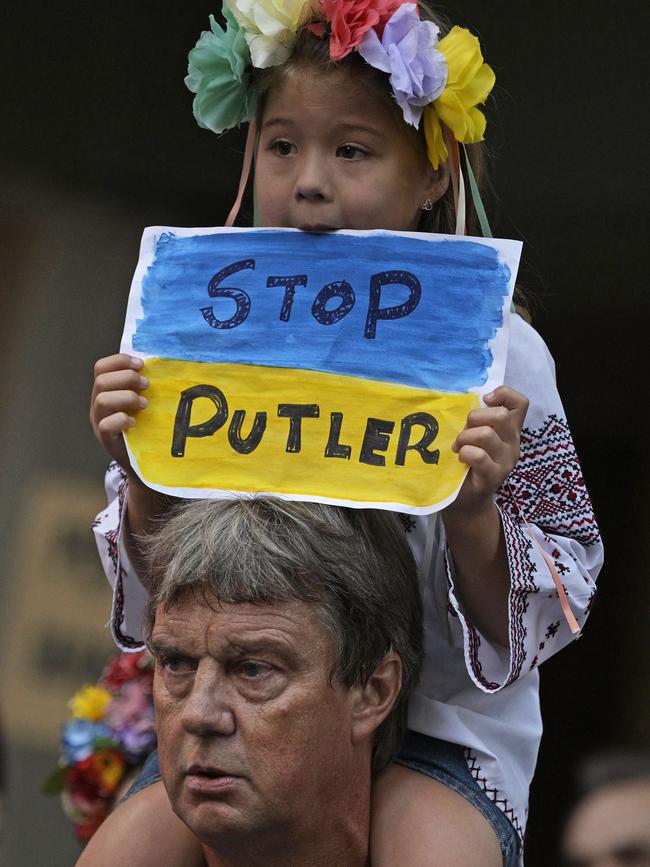
The answer is of course, “It’s the Americans, stupid.”
Which is why the folly of our engagement in Vietnam and later Afghanistan now looks just a smidgen less foolhardy than it did at the time.
The ongoing scary thing about such alliance-reliance is where next might the USA ask us to commit our small brigades?
Should the history of 1939 repeat itself, then it will be in Taiwan.
If our national unpreparedness at every level is starting to cause anxiety, so it should.
Unfortunately, these days even our tranquillisers are made in the PRC.
Meanwhile, we can still warn the Tsar. We can knock off drinking Stoli and buy only Tasmanian vodka.
East of Dodge City they make a pretty mean drop at Hellfire Bluff, while down Birchs Bay,
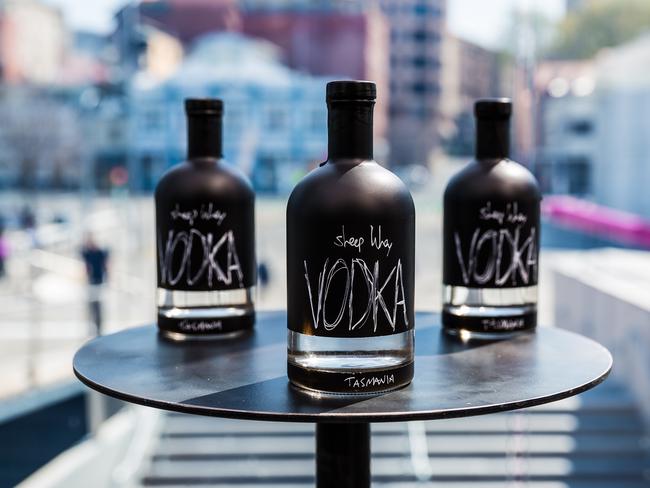
Hartshorn produces an interesting fruity tipple using sheep whey. Both have recently won prizes at the World Vodka Awards. So, there is no excuse not to show some spiritual solidarity with the people of Ukraine.
If you support the fundamental human right of national self-determination, then Russian caviar should also be off the menu.
Unfortunately, there isn’t really a substitute for Beluga. But anyway at $300 an ounce few of us were ever in that market.
I shall just live off the succulent memories of dining, while on assignment, at the captain’s table on the QE2 and eating so much more of those tiny, jet-black, crisp, explosive taste bombs than seemed polite at the time. Nor am I going to recommend substituting Russian caviar with those big, orange, oily Tasmanian salmon eggs from the fish farms of the Brazilian owned company Huon Aquaculture.
At this moment I am fully engaged in southern Europe and don’t want conflict on a second front here at home.
On April 7, 1939, Mussolini’s Italian forces invaded Albania. A few months later, on the 1st of September, Hitler invaded Poland. There have been fears of a historical parallel in which China’s President Xi will exploit the crisis in Ukraine and open a second front by invading Taiwan.
America made that calculation and so was loath to commit with the NATO allies to a European ground battle. Biden needs to keep his powder dry for a possible bigger engagement in East Asia. That is the fight to which he has unequivocally committed the United States and, by close association, Australia.
Since the Persian invasions of Greece more than 2000 years ago, tyrants have always misunderstood the ardour with which people will fight for their freedom.
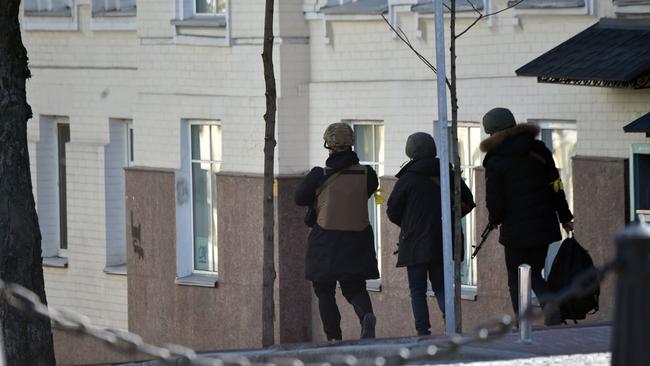
The ferocity of Ukraine’s resistance, according to NATO analysts, took Putin by surprise. He expected an easier victory, but now it looks like the lives lost and the financial cost of waging this war might eventually resemble the former Soviet Union’s (and later America’s) disastrous engagement in Afghanistan.
Add the damage incurred through international disapprobation and economic sanctions, and we can only wonder about Putin’s grasp on reality, or at least on political reality. No matter how badly it will end for the people of Ukraine it must also end badly for the dictator.
We can only hope today, despite our worst fears, that history will not be reprised. Surely the brave and determined example of those Ukrainian freedom fighters will not be wasted. Instead, it might give Putin’s closest ally, China’s President Xi Jinping, second thoughts about mounting a similar attack on Taiwan. If not: welcome back to 1939.



